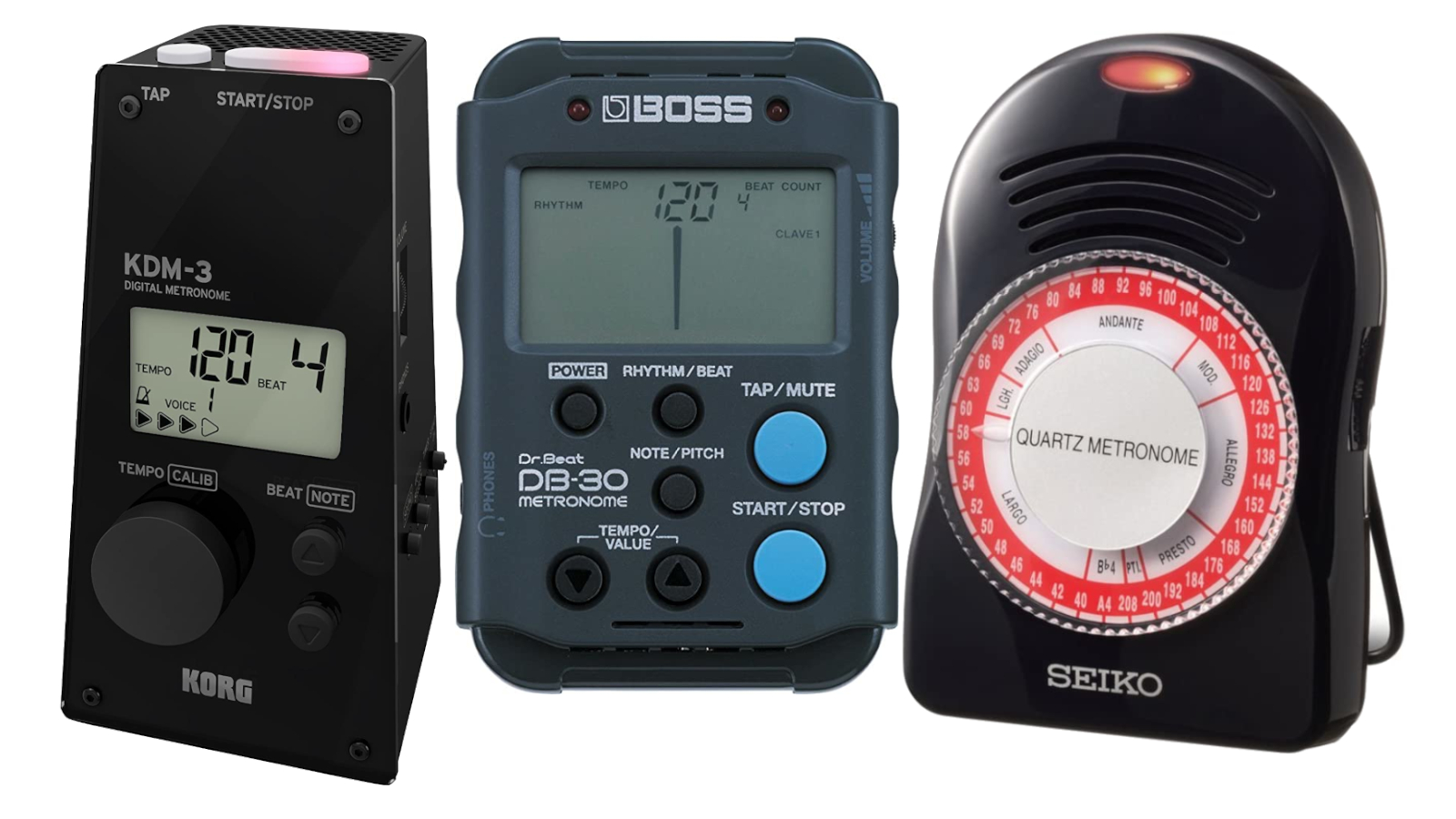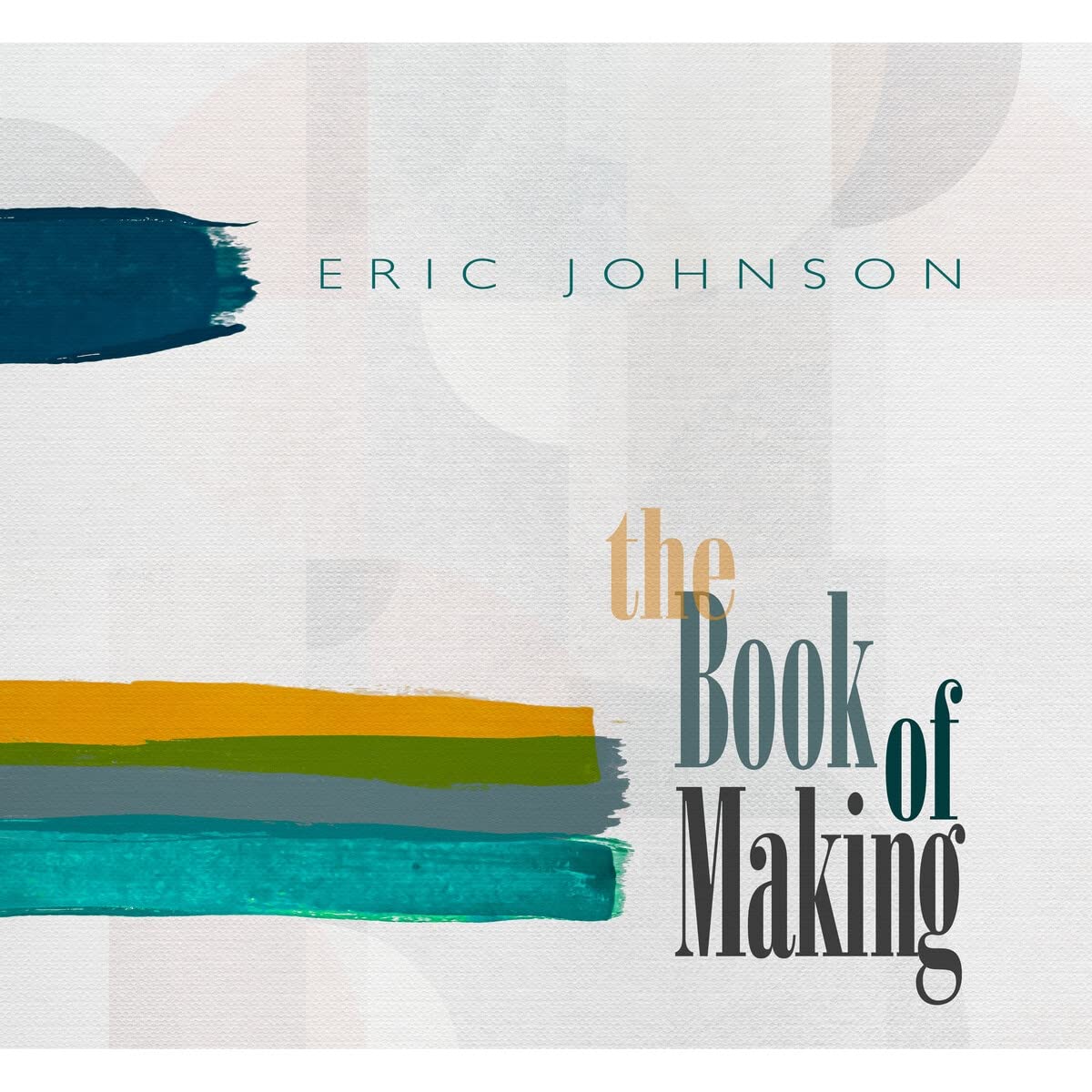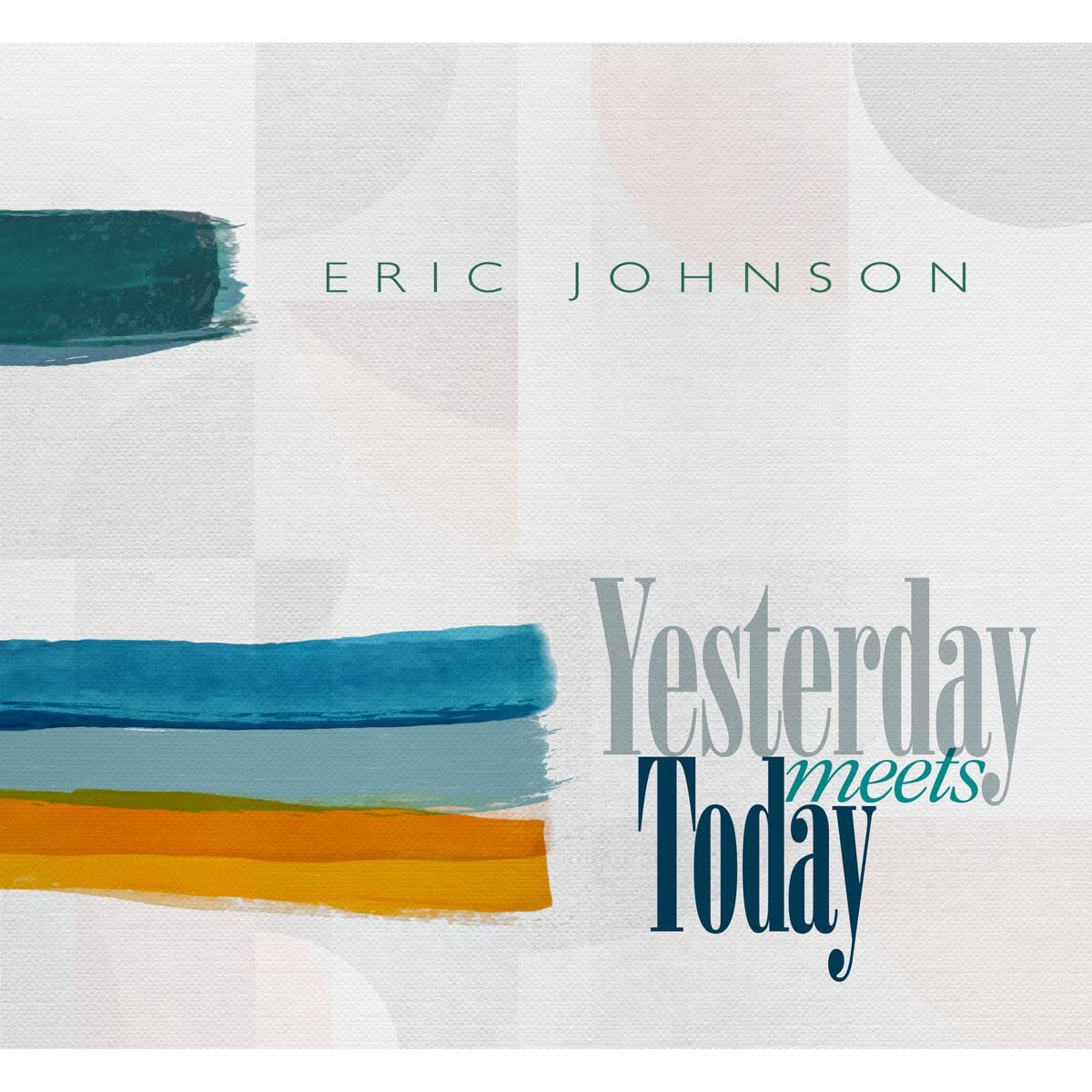
Although he’s recognized as one of the most gifted guitarists of his generation, Eric Johnson considers himself a student of his instrument.
“Playing guitar is being part of a journey that never ends,” says the artist, whose latest albums, The Book of Making and Yesterday Meets Today, were released in July.
“That’s what’s so great about it. You can’t just focus on a destination because there’s so much to discover along the way.”
One might assume Johnson was born with a guitar in his hands, but in fact he began his musical life as a child studying piano. By the time he picked up the guitar at age 11, he had already developed a musical ear.
Playing guitar is being part of a journey that never ends
Eric Johnson
“I took a few months of guitar lessons, which I really enjoyed,” he says, “but then I kind of started teaching myself.
“I would sit at the piano with the guitar, and as I played notes on the piano, I would find them on the guitar.”
Growing up in a pre-instructional video and pre-internet age, Johnson learned many guitar basics from playing along to records. He credits a childhood friend, Jimmy Shade, with helping him along the way.
All the latest guitar news, interviews, lessons, reviews, deals and more, direct to your inbox!
“Jimmy had a great ear, and he could pick out anything off records,” he says. “He’d teach me stuff and give me lots of tips, and before long I was able to pick stuff up on my own.”
Here, Johnson offers five tips learned the hard way…
1. START SLOW AND GRADUALLY BUILD SPEED
“We all want instant gratification, and this is certainly true when it comes to guitar playing. You hear a piece of music with a lot of fast notes, and of course you want to play it at real-time speed right away. But if you jump in and try to play something fast, you’re setting yourself up for trouble.
“You won’t mute strings properly, you’re not going to pick correctly, and you’re basically going to sound sloppy. You’ll just graze over everything without looking at all the incidentals that actually make it a well-groomed piece of music.
You can always learn to play something faster, and that’ll come once you start slow and look at all the elements of the music
Eric Johnson
“You can always learn to play something faster, and that’ll come once you start slow and look at all the elements of the music. Get a total sense of what you’re playing before you go full throttle. Get all your fundamentals together.
“Gradually, you can pick up speed and assimilate all the aspects that will make the piece sound better.
“This is something I’ve put into my own playing routine. Way back in the day, whenever I would listen to a record, I’d slow it down and listen to what the guitar player was doing. It really helped me kind of see it on the fretboard.
“That might not be possible these days if you don’t have vinyl records, but however you go about it, try to pace yourself and really take your time.”

2. MUTE YOUR STRINGS
“If you’re playing with a distorted or a gain-driven sound, it’s very easy to activate strings you’re not playing. This can result in a messy, sloppy and weird sound, and not in a cool way.
“To fix this, if you’re right-handed, use the side of your right hand to mute strings at the bridge wherever you’re not playing. Then you can use your other fingers you’re not fretting with to mute the strings on the fretboard so they don’t get activated.
If you’re right-handed, use the side of your right hand to mute strings at the bridge wherever you’re not playing
Eric Johnson
“It sounds complicated, but it’s not. It’s a kind of hand choreography you can easily learn by being attentive to the fact that you need to silence the strings around where you’re playing. It makes everything sound better.
“It took me a while to learn how to navigate my hands to correct this problem. I would hear strings sustaining or getting activated that weren’t supposed to, and I thought it sounded bad. I put a little thought and time into it, and before long everything started to sound a lot better.
“Sometimes you want a little extra noise and craziness in your sound, but often you want people to hear what you intend for them to hear.”
3. OPEN YOUR EARS TO OTHER MUSIC

“I don’t know why people would want to limit themselves to one kind of music in the first place. There’s so much out there to enjoy, and a lot of it might surprise you. I grew up exposed to many different styles of music. My dad liked country, show tunes, swing, rock and jazz, so I heard it all. When I started playing guitar, I got into blues.
“If you listen to different types of music, you’ll hear many kinds of instruments, and you’ll appreciate their beauty. From that, you might take some of that sonic capacity and figure out a way to put it into your guitar playing. It could be intentional, or it can just sort of happen without thinking.
I’ve learned so much from listening to Joni Mitchell. She’s a great guitarist
Eric Johnson
“I’ve learned so much from listening to Joni Mitchell. She’s a great guitarist. Her chord voicings amazed me, and I always loved how she could get in the pocket with her rhythm playing. That stuff influenced me.
“I realized there was a lot more to learn than just shredding leads. After learning a lot of her chords, I began to learn how to solo out of their structures. Suddenly, I was playing different kinds of things that were more outside the box of generic rock patterns.”
4. PRACTICE WITH A METRONOME

“This is a really good habit to develop. Using a metronome has been an ongoing part of my practice routine. I have a tendency to want to rush through parts, so it’s something I have to watch out for. Playing with metronome helps me keep that impulse in check, and it helps me relax.
Using a metronome has been an ongoing part of my practice routine
Eric Johnson
“This is especially important for when you play with other people. If you sit in your room and play guitar alone without a metronome, you won’t develop an internal clock or a natural rhythm. This can lead to disastrous attempts at playing with other people. You won’t be in sync with everybody else.
“So I continue to practice with a metronome. I just did an acoustic show, and I used one for the first month that I was practicing my set. I’d figure out the beats per minute of the songs, and then I would keep practicing with the metronome, over and over.
“Once I felt like I was playing everything comfortably and in time, I shut the metronome off. I can’t stress what an invaluable part of the process it is for me.”
5. STAY A STUDENT OF THE GUITAR
“There’s so much to learn with guitar. Stay open to new sounds and ideas, or old sounds and ideas. They’re all valid. If you ever think you’ve learned it all, forget it. You didn’t.
“It’s great to learn mind-blowing, crazy playing, but it’s just as important to learn good rhythm playing. There are guys in Nashville who get hired to play on sessions just because they’re dependable rhythm players.
Stay open to new sounds and ideas, or old sounds and ideas. They’re all valid
Eric Johnson
“They have a way of strumming that just makes a track sing. Some of the people who we think are the greatest players in the world can’t strum a guitar like those Nashville guys.
“I try to take it all in. I listen to people like Tommy Emmanuel, Doyle Dykes and Sonny Landreth, just to name a few, and I get so inspired. Some of the sounds they create and the places they go on the guitar, it makes me think, I’ve got some work to do!
“But that’s why you wake up and pick up the guitar. There’s always something new you can do.”


Order The Book of Making here and Yesterday Meets Today here.

Joe is a freelance journalist who has, over the past few decades, interviewed hundreds of guitarists for Guitar World, Guitar Player, MusicRadar and Classic Rock. He is also a former editor of Guitar World, contributing writer for Guitar Aficionado and VP of A&R for Island Records. He’s an enthusiastic guitarist, but he’s nowhere near the likes of the people he interviews. Surprisingly, his skills are more suited to the drums. If you need a drummer for your Beatles tribute band, look him up.
